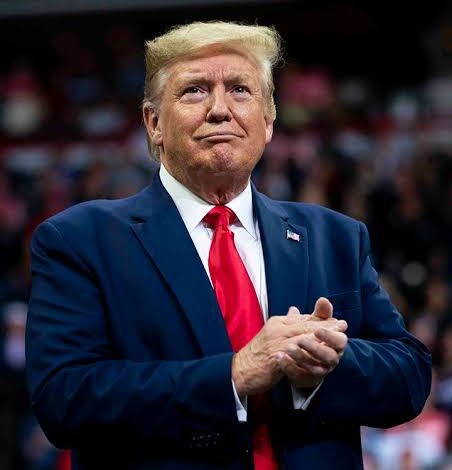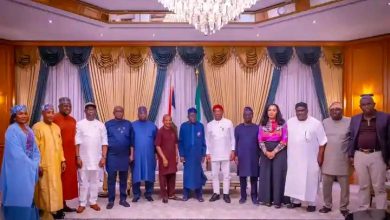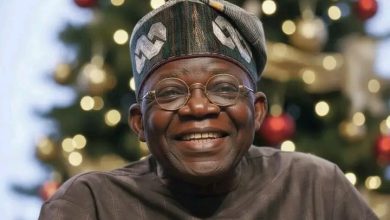FG Dismisses Trump’s Claims on Killings of Christians, Rejects U.S. ‘Country of Particular Concern’ Tag

By Passman Akpos
The Federal Government of Nigeria has rejected recent remarks by former United States President Donald Trump, who alleged widespread killings of Christians in Nigeria and labeled the country a “Country of Particular Concern.”
In a statement issued on Friday, the Ministry of Information and National Orientation described Trump’s comments as “misleading, exaggerated, and unreflective of the realities in Nigeria.” The government maintained that Nigeria remains committed to protecting the rights and freedoms of all citizens, regardless of their religion or ethnicity.
“The Federal Government wishes to categorically state that there is no government-sanctioned persecution of Christians or any religious group in Nigeria,” the statement read. “Such claims, especially when coming from influential global figures, risk inflaming divisions and undermining the collective peace efforts across our diverse communities.”
The government further emphasized that the Nigerian Constitution guarantees freedom of religion, and that both Christians and Muslims occupy leadership positions across various levels of governance.
Officials also urged the international community to “seek accurate information before making sweeping declarations,” noting that security challenges in the country affect all citizens equally, irrespective of faith.
The statement reaffirmed the administration’s ongoing commitment to combating terrorism, banditry, and communal violence through strengthened security operations and regional cooperation.
Trump’s remarks, which were widely circulated on social media earlier in the week, have drawn mixed reactions, with some religious groups calling for dialogue while others accused the former U.S. president of politicizing Nigeria’s internal security challenges.
The Federal Government, however, reiterated its appeal for global partners to support its efforts toward national unity, peace, and development rather than amplify narratives that could deepen divisions.





